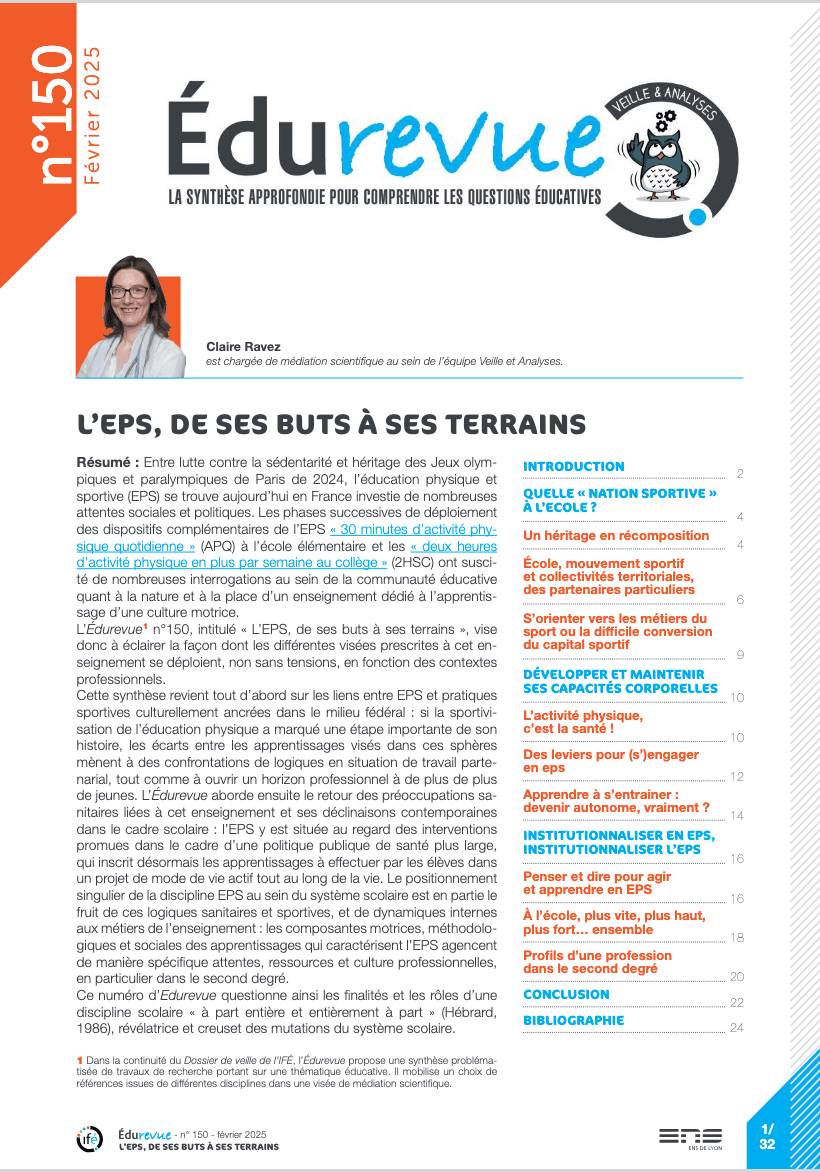
School inspections: from control and regulation to support and counselling ?
n°67, november 2011
portrait

Author(s) : Rémi Thibert
Download PDF
Also available

Abstract
National inspection systems vary widely. Some countries have opted to externalize (or ‘outsource’) their inspection systems in favor of independent assessors. Individual inspections, which had been the norm in Eastern countries up until relatively recently, are becoming increasingly less common (France is an exception in this respect). Most countries have followed the example of the United Kingdom, where whole school inspections combining several types of inspection (self-assessments, risk assessments, thematic assessments, etc.) have become standard practice. The combined use of different types of inspections is becoming the norm in an increasing number of countries.
The shift toward greater local autonomy has generally been accompanied by an increased centralization of quality criteria.
In addition to presenting the French school inspection system, this study provides an overview of the current state of school inspection services in OECD countries and shows that there is an increasing emphasis on the assessment of the quality of education. A consensus is emerging that schools should be the main focus of inspections aimed at assessing the quality of education. However, research indicates that inspections have a limited impact, particularly on student success and attainment. Recent findings suggest that an inspection will only be effective if the results are shared with the various stakeholders and appropriate recommendations are made and followed up.











